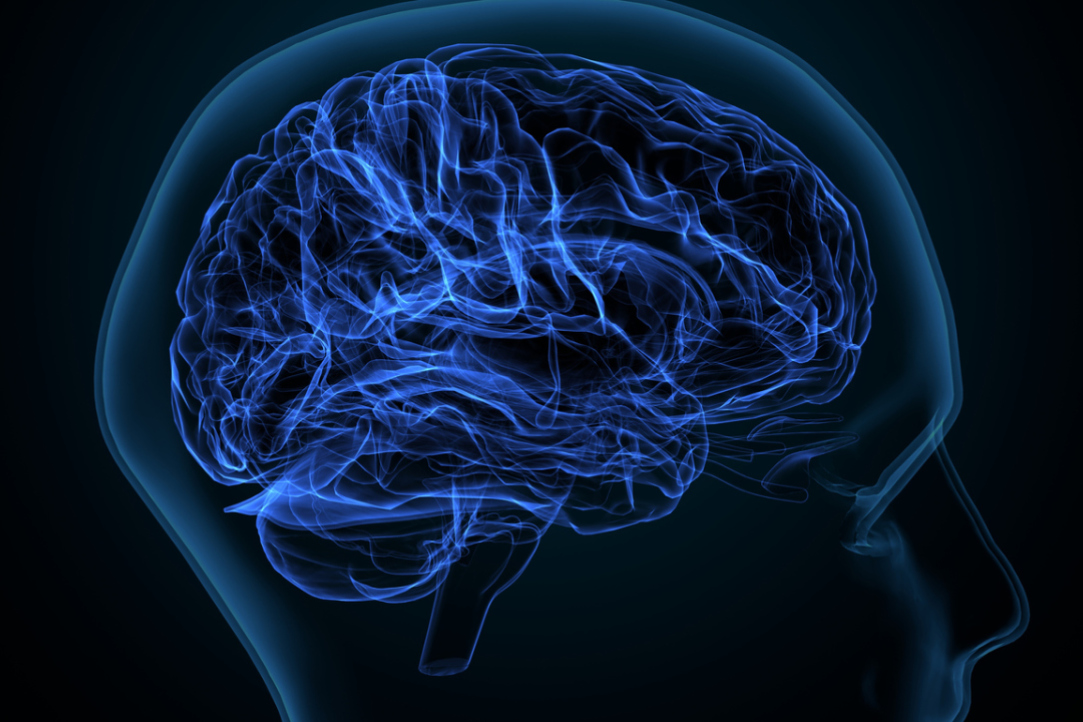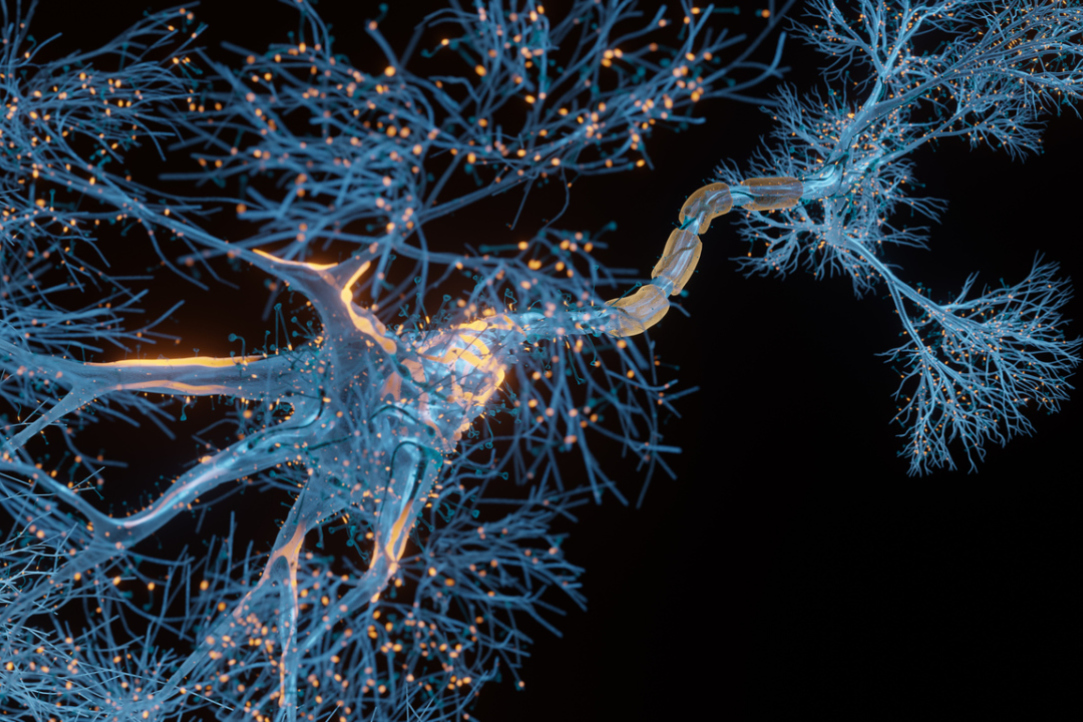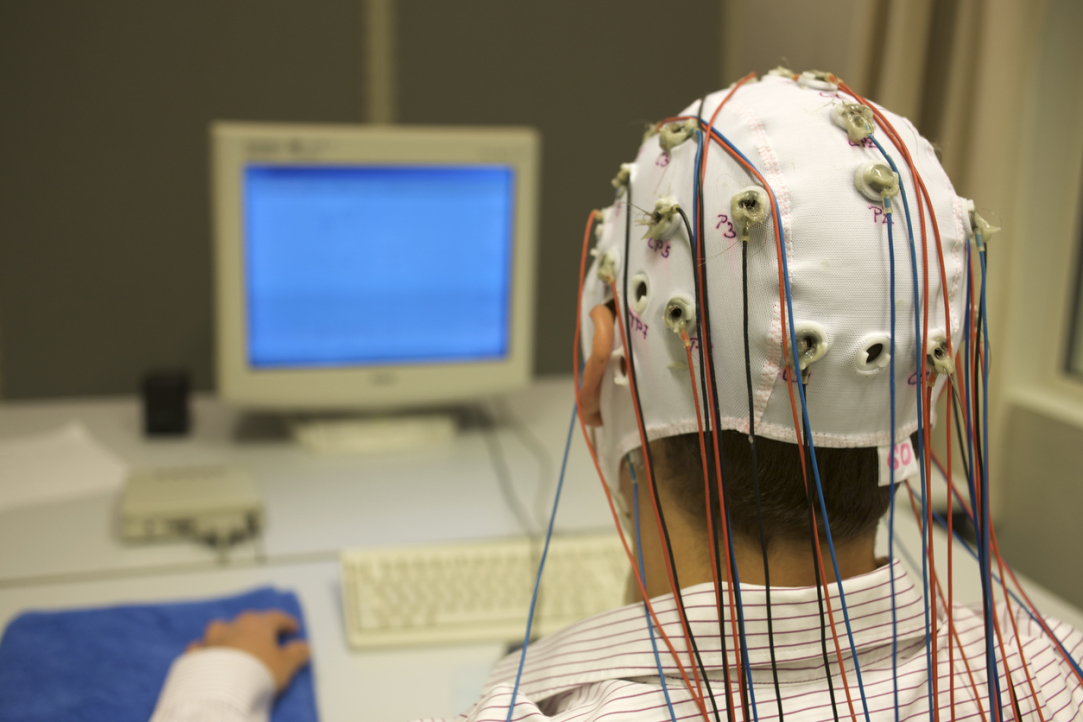An international team of researchers including Sofya Kulikova, Senior Research Fellow at the HSE University-Perm, found that ketamine, being an NMDA receptor inhibitor, increases the brain's background noise, causing higher entropy of incoming sensory signals and disrupting their transmission between the thalamus and the cortex. This finding may contribute to a better understanding of the causes of psychosis in schizophrenia. An article with the study’s findings has been published in the European Journal of Neuroscience.
.jpg)
.jpg)








.jpg)
.jpg)








.jpg)